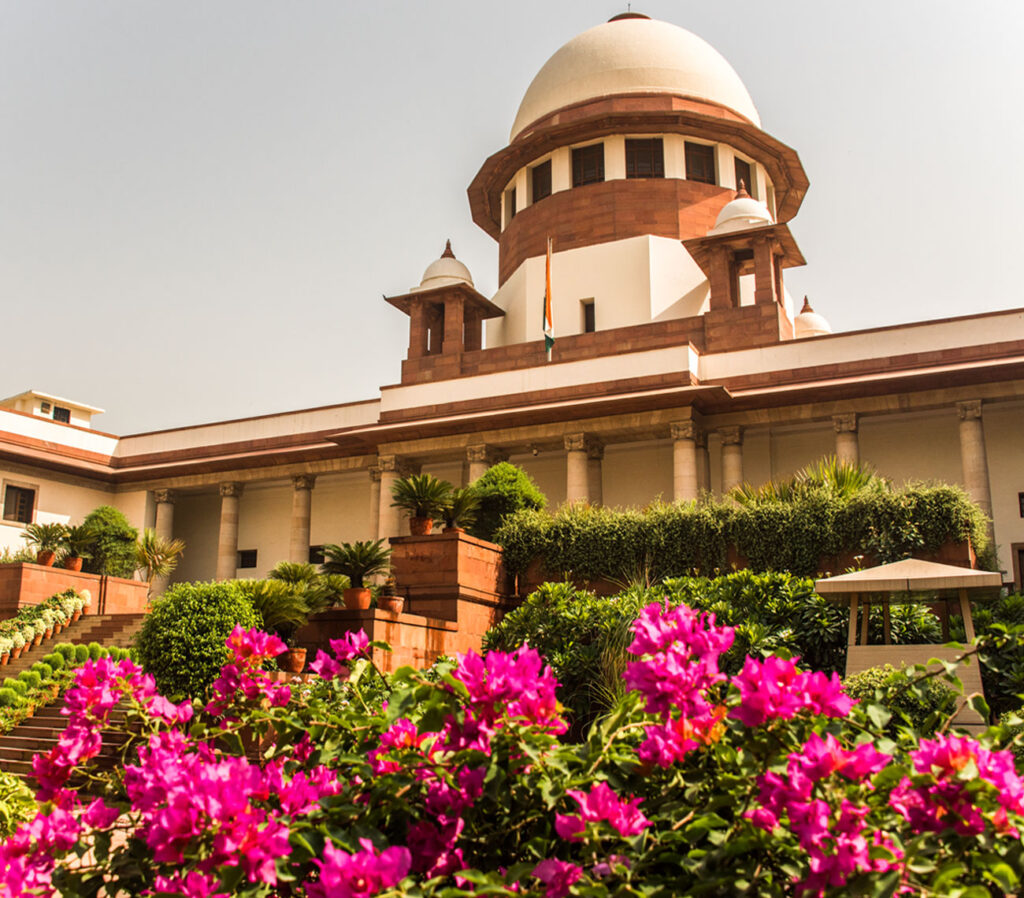New Delhi, Feb 4.
Elected members of Houses will be liable for prosecution for taking any bribes for voting on the floor of the house, the Supreme Court ruled on Monday.
A seven-judge bench led by Chief Justice of India D.Y. Chandrachud accordingly set aside an earlier 1998 ruling which said that they were immune from prosecution in connection with voting on the floor of any House.
“We disagree with and overrule the (1998) judgement,” the court said in a unanimous judgement.
The court said that allowing this “error to be perpetuated” would be against public interest, probity in public life and parliamentary democracy.
This ruling will apply to Rajya Sabha and presidential elections too, it said.
The 1998 judgement was “paradoxical” as it excluded a whole class of persons from the ordinary law. MPs and MLAs will not enjoy any immunity from prosecution over bribery charges, the seven-judge bench said.
The 1998 ruling had allowed the then Congress-led coalition government headed by P.V. Narasimha Rao to survive a non-confidence motion with the support of the Jharkhand Mukti Morcha and other such smaller parties.
In 1998, a five-judge bench ruled that elected representatives i.e. MPs and MLAs were indeed public servants under the Prevention of Corruption Act, but enjoyed constitutional immunity for any action taken in connection with voting in the House.
The court had then cited Articles 105(2) and 194(2) in this connection to justify its ruling.
These articles granted constitutional immunity to the law-makers for anything said or done on the floor of the House so that they could function without any fear or favour, it had said.
In a bit of a legal stretch, the top court had then also ruled that those who took bribes and did not vote would not be entitled to such immunity, setting the stage for the prosecution of MP Ajit Singh in that case. This judgement was roundly criticised for legalising corruption among law-makers.
All that has now been undone by a larger bench.

